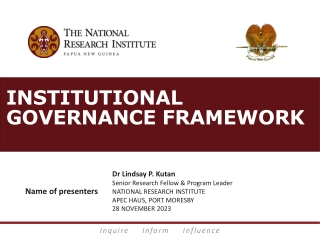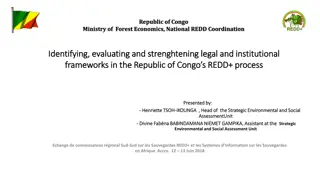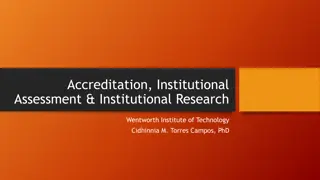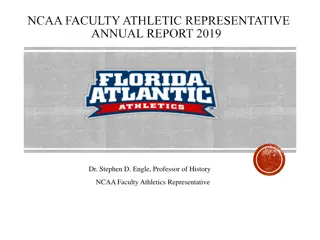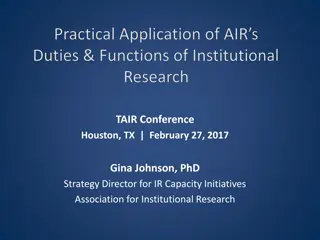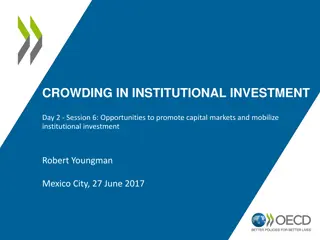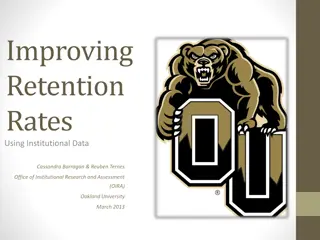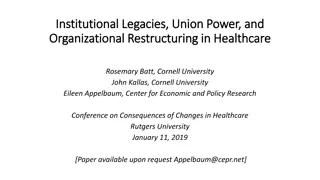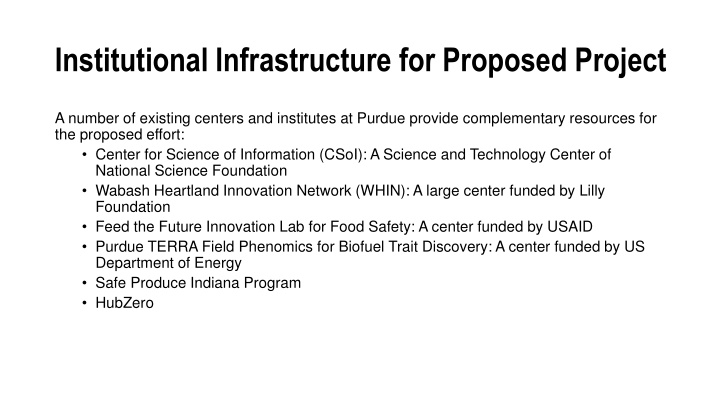
Diverse Research Centers at Purdue University Enhancing Collaborative Efforts
Explore how existing centers at Purdue University, such as the Center for Science of Information and the Feed the Future Innovation Lab, provide resources and support for a proposed project, benefiting from their expertise in information models, digital agriculture, and food safety innovations.
Download Presentation

Please find below an Image/Link to download the presentation.
The content on the website is provided AS IS for your information and personal use only. It may not be sold, licensed, or shared on other websites without obtaining consent from the author. If you encounter any issues during the download, it is possible that the publisher has removed the file from their server.
You are allowed to download the files provided on this website for personal or commercial use, subject to the condition that they are used lawfully. All files are the property of their respective owners.
The content on the website is provided AS IS for your information and personal use only. It may not be sold, licensed, or shared on other websites without obtaining consent from the author.
E N D
Presentation Transcript
Institutional Infrastructure for Proposed Project A number of existing centers and institutes at Purdue provide complementary resources for the proposed effort: Center for Science of Information (CSoI): A Science and Technology Center of National Science Foundation Wabash Heartland Innovation Network (WHIN): A large center funded by Lilly Foundation Feed the Future Innovation Lab for Food Safety: A center funded by USAID Purdue TERRA Field Phenomics for Biofuel Trait Discovery: A center funded by US Department of Energy Safe Produce Indiana Program HubZero
Center for Science of Information (CSoI) What the Center does? CSoI focuses on developing models and methods focused on information in higher order structures, incorporating elements of space, time, context, representation invariance, collusion and competition. It also has a vibrant education and outreach program. How will the proposed effort benefit? CSoI will contribute models and methods for randomized approaches, privacy, and analytics. share best practices in management. help bootstrap the education and outreach platform. help with design and maintenance of CropHub.
Wabash Heartland Innovation Network (WHIN) What the Network does? The Wabash Heartland Innovation Network is a consortium of 10 counties in North-Central Indiana deploying Internet-enabled sensors in support of digital agriculture and next-generation manufacturing. How will the proposed effort benefit? WHIN will provide detailed field management data, including moisture content, fertilizer use, weather data, and yield for over 100 fields in the 10-county region. evaluate software solutions developed by the proposed Center and their potential for deployment. will interface between the proposed Center and the Network s clients.
Feed the Future Innovation Lab (FFIL) for Food Safety What the Lab does? The lab focuses on post-harvest segment of the value chain. This is achieved through development and use of on-farm drying and storage technologies, coupled with food processing innovations and mechanisms of dissemination that link farmers to markets. How will the proposed effort benefit? FFIL will provide data from its target populations in Bangladesh, Cambodia, Ethiopia, Kenya and Senegal. Assess solutions developed by the proposed Center in these international contexts. Provide international outreach scope for the proposed Center.
Field Phenomics for Biofuel Trait Discovery (FPBT) What the Lab does? The TERRA team is developing an automated, high-throughput field phenotyping system for determining how sorghum genetic variation impacts the crop s biofuel production. How will the proposed effort benefit? FPBT will provide data from sorghum fields, including field management, genomic data, and weather data. The proposed Center will test its phenotype mapping and hypothesis generation methods on this data. FPBT will evaluate phenotyping hypotheses generated by the proposed Center in the field.
Safe Produce Indiana Program (SPI) What the Program does? Safe Produce Indiana serves fruit and vegetable growers and consumers in the state by educating them about the U.S. FDA Food Safety Modernization Act (FSMA) Produce Safety Rules. It curates resources that address the Produce Safety Rule, established the Produce Safety Alliance, and provides water safety and compliance training. How will the proposed effort benefit? SPI will coordinate outreach efforts to various entities in the fresh food chain from growers to policy- makers. help organize workshops for the proposed Center. widely disseminate educational material from the proposed Center.
Purdue HubZero What the Project does? HubZero is the world leading platform for developing scientific computing resource hubs. HubZero technology currently hosts over 60 science hubs, reaching over 2M individuals. How will the proposed effort benefit? HubZero will provide support to initiate CropHub. help with design of CropHub, share best practices on optimizing user experience, and assist in publishing resources on CropHub. help in interfacing CropHub with other community resources. assist in assessment of CropHub.

